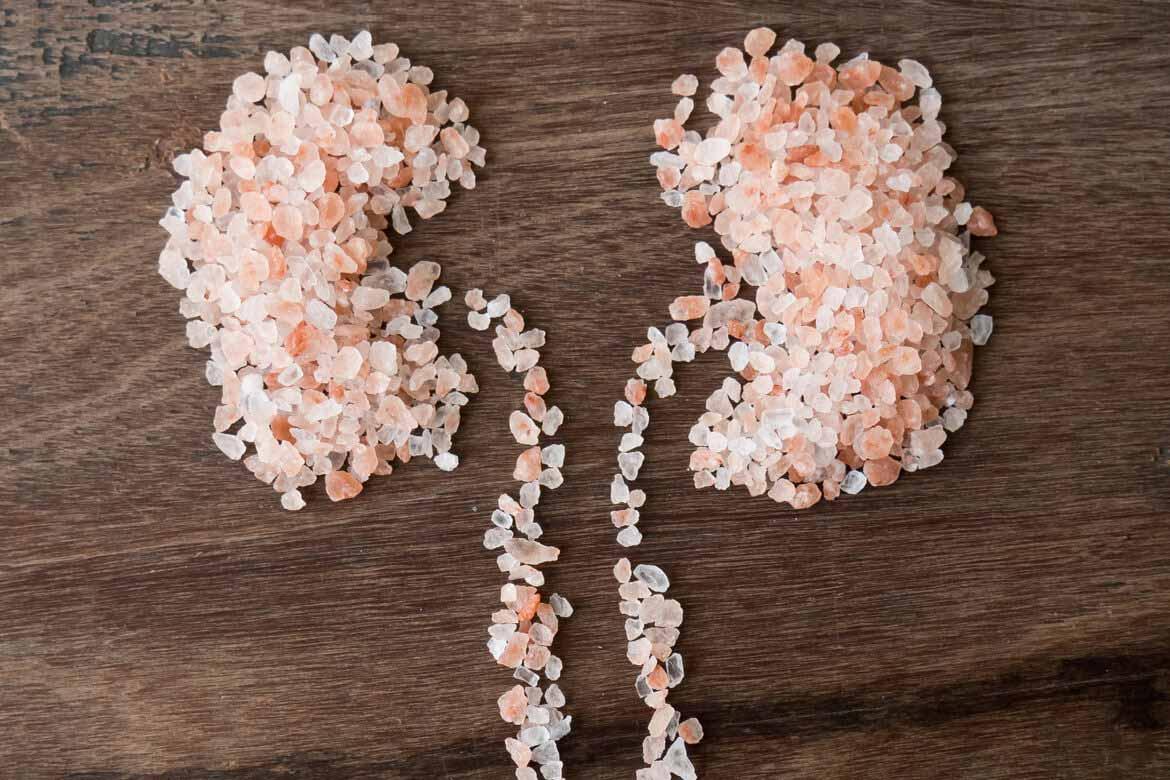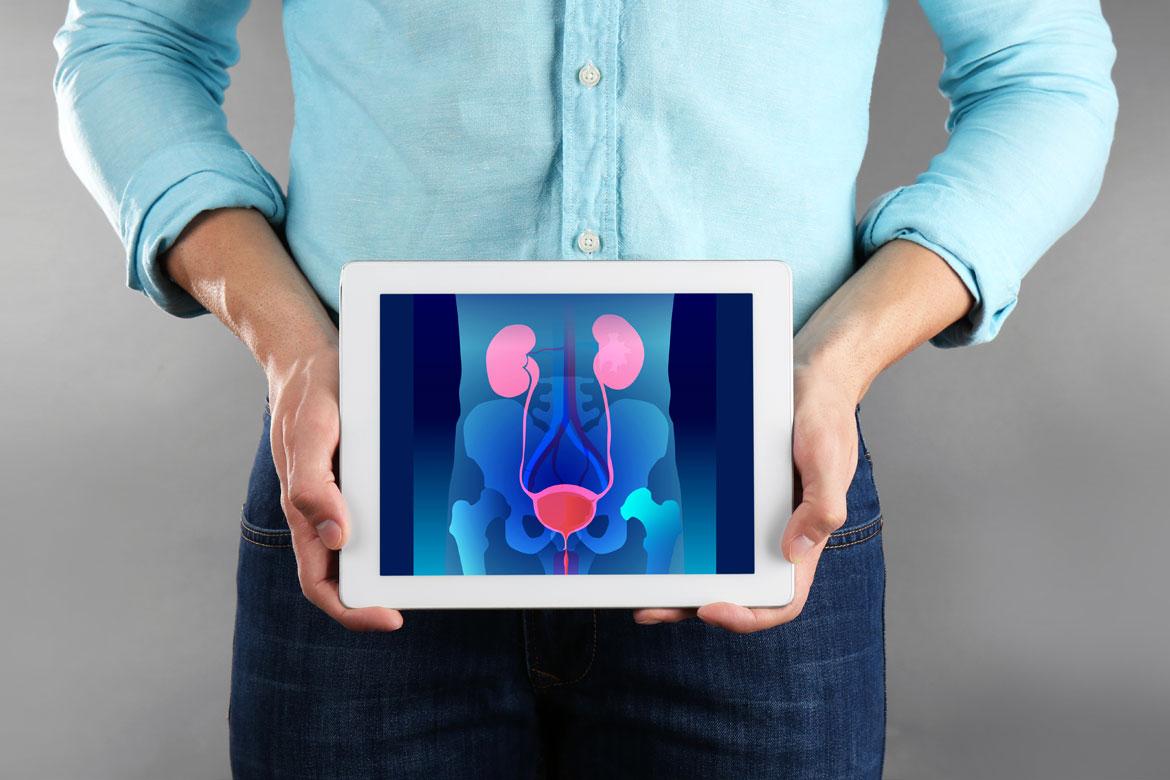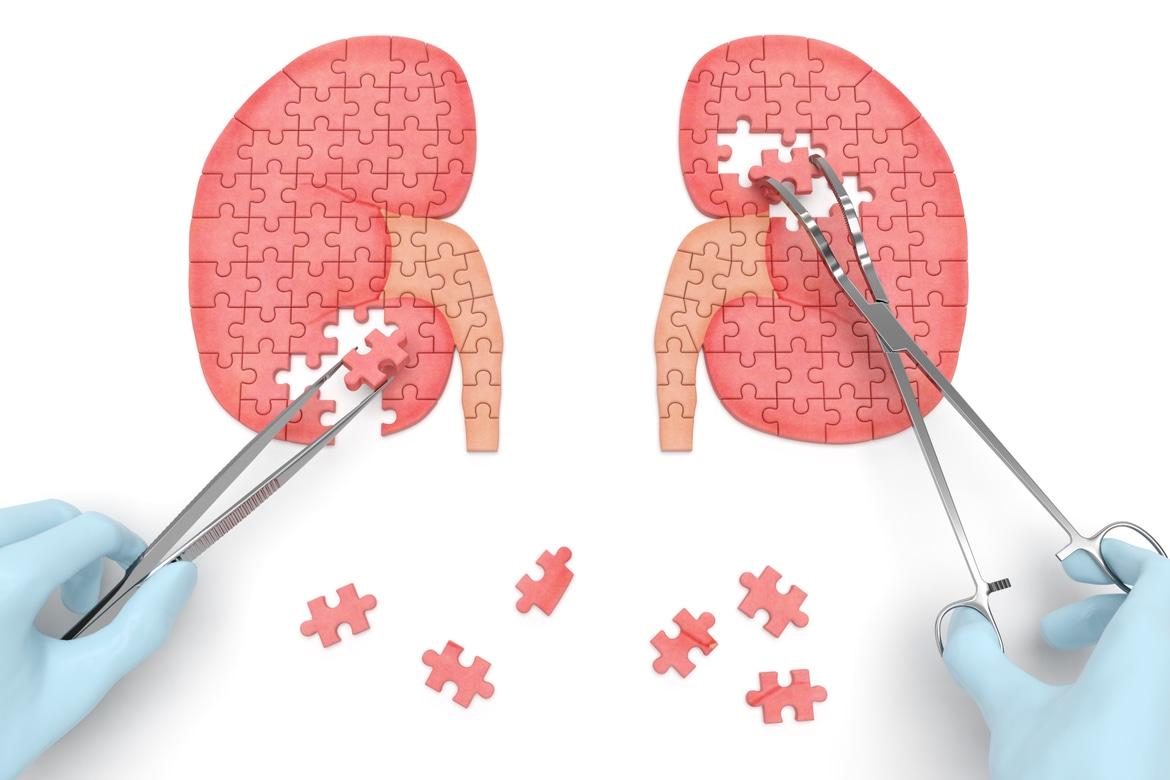
Kidney Stones (Renal Calculi)
What are kidney stones (renal calculi)?
Having kidney stones is a urinary disorder that occurs when salt or chemicals in the urine form crystals. These crystals grow and coalesce to form stones that can block the flow of urine and can lead to serious complications including infection, kidney damage or even kidney failure.
Types of kidney stones
- Calcium oxalate stones or calcium phosphate stones. Kidney stones mostly occur in the form of calcium oxalate and, less commonly, calcium phosphate. Oxalate is a substance made by the liver or absorbed from your diet daily. Calcium phosphate stones, on the other hand, are commonly found in people with metabolic conditions, such as renal tubular acidosis.
- Cystine stones. These are made of cystine, an amino acid found in digestive enzymes. These very rare stones form in people with a genetic disorder that causes the kidneys to excrete too much cystine into the urine.
- Struvite stones. These develop when you have a urinary tract infection. The bacteria makes ammonia that builds up in the urine.
- Uric acid stones. These stones form when your urine is often too acidic, and uric acid can form stones by itself or with calcium. Uric acid stones are common in people who are losing too much fluid because of chronic diarrhoea or from eating a high purine diet. People with diabetes or metabolic syndrome are also prone to having uric acid stones.
Kidney stones mainly affect men aged between 20 – 40.
What are the symptoms of kidney stones (renal calculi)?
The symptoms of kidney stones include:
- Blood in the urine
- Difficulty urinating (if the stone is too large)
- Nausea and vomiting
- Pain when passing urine
- Severe pain in the back and flanks of the abdomen, radiating towards the front and the groin area
- No symptoms. Some stones, especially if they occur within the substance of the kidney, may not result in any symptoms.
Ask for medical attention immediately if you experience pain that is so severe you can't find a comfortable position or sit still, and is accompanied by nausea, vomiting, fever and chills, blood in your urine, and difficulty passing urine.
What are the causes of kidney stones (renal calculi)?
A kidney stone occurs when:
- The urine has little or none of the substances that usually prevent these minerals from becoming crystals.
- The urine contains more minerals (calcium, oxalate, phosphate, uric acid or cystine) than it can dilute.
- There is the presence of other conditions like cystic kidney diseases, urinary tract infections, and metabolic disorders.
What are the risk factors for kidney stones (renal calculi)?
Risk factors that can increase the chances of developing kidney stones include:
- Dietary factors, including low intake of fluid and high intake of salts, oxalate-rich foods (e.g. peanuts, almonds, strawberries, tea and coffee) and purine-rich foods (e.g. organ meats and shellfish)
- Environmental factors, like living in a hot climate which causes excessive sweating, and having a low fluid intake, which leads to reduced urine volume and increased levels of minerals in the urine
- Genetic factors including a family history of kidney stones
What are the complications and related diseases of kidney stones (renal calculi)?
If left untreated, kidney stones may lead to more serious health complications and diseases, including:
- Kidney failure and loss of kidney function occurs when the kidneys lose their function to sufficiently filter waste from the blood. The body will be overloaded with toxins if the kidneys fail to do their job, which can be life-threatening.
- Infection. A kidney stone increases the risk of urinary infection by causing disruption to urine flow and stasis. Infection of a closed and infected urinary system is an emergency and needs to be promptly corrected.
How do you prevent kidney stones (renal calculi)?
You can reduce your risk for kidney stones by drinking a sufficient amount of water daily. Choosing a diet low in salt and animal protein, and eating fewer oxalate-rich foods, can also help prevent the formation of kidney stones.
If you are at a higher risk of developing kidney stones, ask your doctor for dietary recommendations.
This coverage checker is brought to you by Health Insured, an online resource that helps you understand your health coverage in Singapore.
This page has been reviewed by our medical content reviewers.
Need help?
For enquiries, please call
+65 6250 0000 (Orchard) or +65 6898 6898 (Novena)
For appointment bookings, please WhatsApp
+65 8111 7777 (Orchard) or +65 8111 5777 (Novena)
 Brain & Spine Care
Brain & Spine Care




